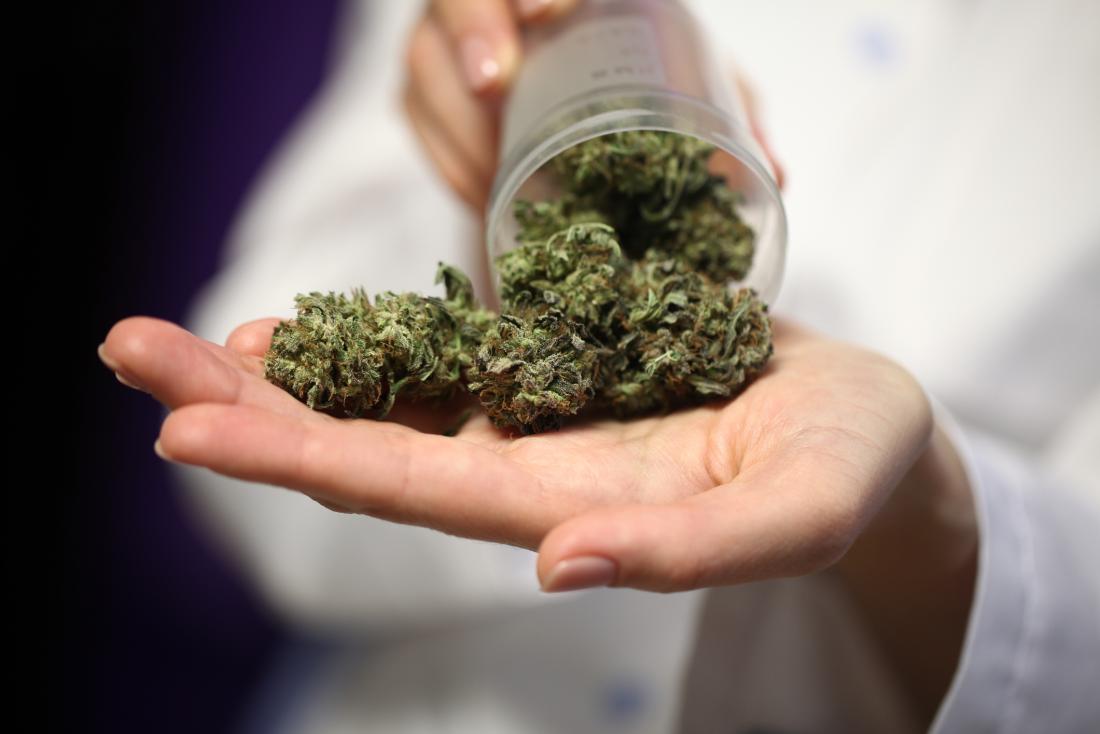Pot Concerns from the Scientific-Medical Community
"I'm not here to demonize cannabis. We don't need to go back to reefer madness. But we can't say it does not harm."
"If we have several million people smoking marijuana every day, we want to know what the effects are."
"When we study a new drug, like a statin, for example, it is a single drug -- a single molecule. We know what receptors it works on, why it works, how it works, and have tested it extensively under rigorous conditions to ensure it is both safe and effective."
"To expect 70 chemicals of unknown dose to exert a specific effect, or even a net positive effect, is magical thinking."
"From a public health perspective, the balance of evidence so far is that using marijuana is not good for your heart, blood vessels and brain."
Dr.Chris Simpson, cardiologist, 2014/15 president, Canadian Medical Association
 |
| Marijuana in edible form may have cardiovascular risks for people at risk. |
That, aside from the growing numbers of high-school students using pot, or e-cigarettes in vaping, grown immensely popular. And with its popularity another concern from the medical-science community over the effect of an unknown substance which is known to have a deleterious effect on the still-maturing brain of people under 21. Much less that vaping has now been associated with lung disease, to the effect that it has now been attributed as the cause of death of 18 people in the United States, and the hospitalization of one thousand. In Canada this same phenomenon is beginning to emerge.
According to Dr. Simpson, preparing to address researchers, health professionals and policy-makers at the Canadian Stroke Congress, someone who has smoked a joint becomes as vulnerable within the passing of an hour to a heart attack as someone who has just finished shovelling a heavy load of snow. The greater the THC content -- the psychoactive compound in marijuana, the higher the risk, stresses Dr. Simpson, explaining that THC serves to activate certain blood vessel receptors. So that, when THC binds to the receptors the buildup of plaque results, making blood "stickier", a condition then leading to blood clot creation.
 |
| A man lights a marijuana cigarette THE CANADIAN PRESS/Joe Mahoney |
"In the case of a stroke, a blood clot lets go and travels to the brain", this expert on cannabis interaction with the heart muscle and health conditions leading to stroke explained. He acknowledges the potential that some of the 70 chemicals known to make up marijuana may be useful. On the other hand, marijuana remains a largely unknown quality with respect to human health. It becomes even more complicated to judge the effect on health in marijuana use since people who smoke pot also frequently are cigarette smokers.
"There is this huge popular misconception about cannabis, driven by social media and the cannabis industry, that it is a medicine or it is harmless. "I worry when people say that cannabis is a natural product that has been used for a thousand years and so it must be safe. Countering that belief is tough. There are huge gaps between what people believe and what is reality."
"It hits you like a ton of bricks at the one-hour mark or so and you can overdose very quickly because of the delayed reaction."
 |
| A five-year study of hospital statistics from the U.S., looking at a period from 2010 to 2014, shows the incidence of stroke has risen steadily among marijuana users even though the overall rate of stroke remained constant over the same period. The study was presented on Friday during the third day of the World Stroke Congress in Montreal. (Sean Gallup/Getty Images) |
Labels: Health, Heart, Legalization, Marijuana, Research, Science, Stroke

0 Comments:
Post a Comment
<< Home